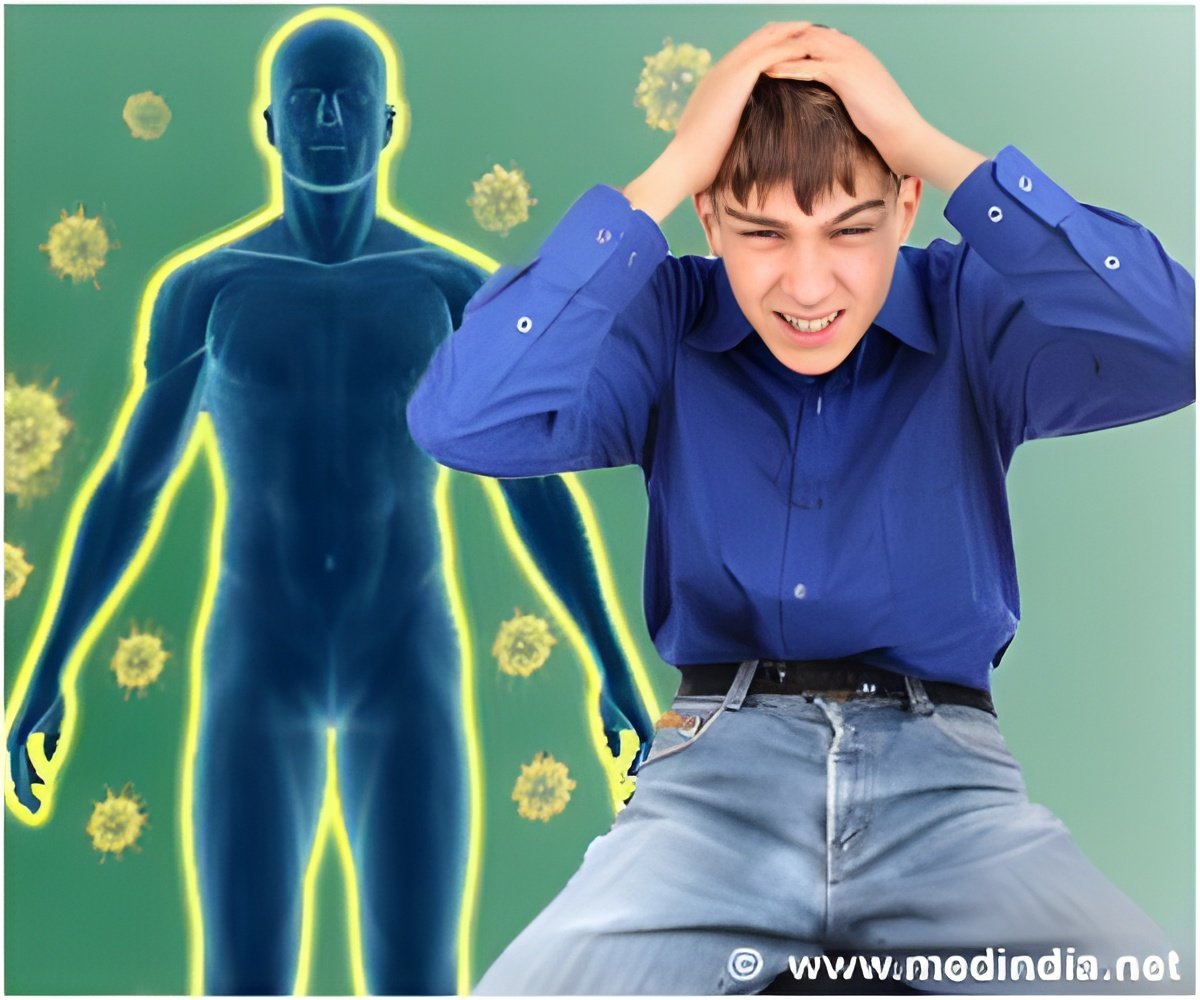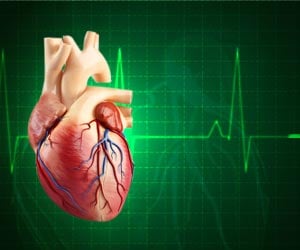Hormones released when a person suffers from stress, emotional shock, or overexertion can lead to development of bacterial biofilms on arterial walls.

Davies and his colleagues isolated and cultured different species of bacteria from diseased carotid arteries that had been removed from patients with atherosclerosis. Their results showed multiple bacterial species living as biofilms in the walls of every atherosclerotic (plaque-covered) carotid artery tested.
In normal conditions, biofilms are adherent microbial communities that are resistant to antibiotic treatment and clearance by the immune system. However, upon receiving a molecular signal, biofilms undergo dispersion, releasing enzymes to digest the scaffolding that maintains the bacteria within the biofilm. These enzymes have the potential to digest the nearby tissues that prevent the arterial plaque deposit from rupturing into the bloodstream.
According to Davies, this could provide a scientific explanation for the long-held belief that heart attacks can be triggered by a stress, a sudden shock, or overexertion
Source-Eurekalert
 MEDINDIA
MEDINDIA



 Email
Email










